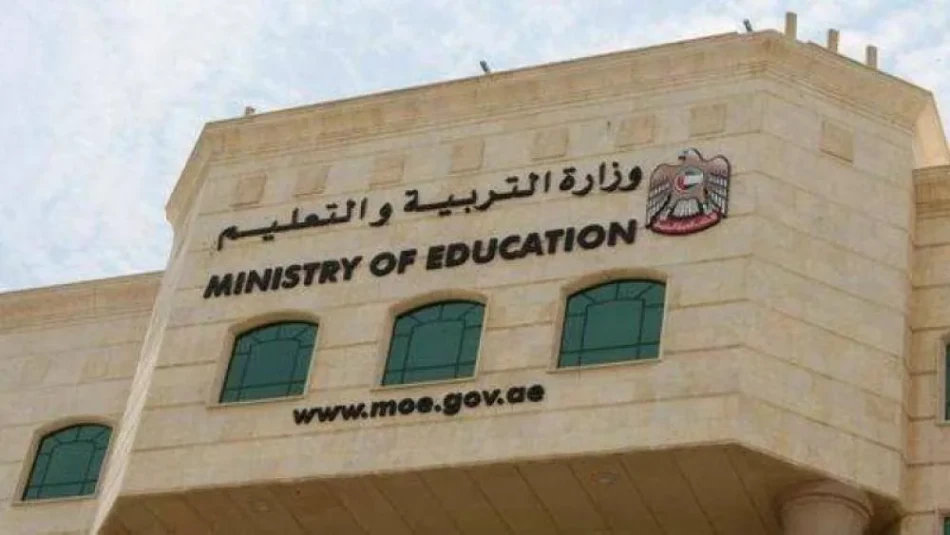
Unveiling Back-to-School Strategies: Insights from Educational Hubs
UAE Schools Implement Gradual Return Strategy for 2025-2026 Academic Year
The UAE Ministry of Education has unveiled a phased school schedule for the upcoming 2025-2026 academic year, beginning August 25, designed to ease students back into classroom routines through a carefully structured gradual return system. The policy targets middle and high school students with reduced hours during the first week, reflecting a broader regional trend toward more flexible educational approaches in Gulf states.
Staggered Schedule Prioritizes Student Adaptation
Under the new framework, students in cycles two and three (roughly equivalent to middle and high school) will follow a lighter schedule from Monday through Wednesday of the first week. The ministry has introduced gender-specific timing variations between boys' and girls' schools, though both will transition to standard hours—7:15 AM to 2:00 PM—for the remainder of the week.
The structured approach allocates specific break periods: a 10-minute morning assembly, followed by a 20-minute first break and a 15-minute second break. Schools retain flexibility in organizing these intervals between the standard 45-minute class periods.
Academic Load Distribution Varies by Age Group
The ministry has established differentiated weekly schedules based on educational levels. High school and middle school students will complete 36 weekly periods, with eight classes daily from Monday through Thursday. Elementary students (cycle one) will attend 32 periods weekly, while kindergarten students follow a lighter 24-period schedule.
This tiered approach acknowledges developmental differences and attention spans across age groups, aligning with international best practices seen in educational systems from Singapore to Finland.
Regional Context and Educational Innovation
The UAE's gradual return strategy positions the country alongside other Gulf states that have embraced flexible educational policies post-pandemic. Unlike the abrupt transitions common in many Western systems, this measured approach reflects the region's investment in educational infrastructure and student well-being.
The policy mirrors successful implementations in countries like South Korea and Japan, where phased returns have demonstrated improved student engagement and reduced anxiety levels during academic transitions. The UAE's approach suggests a long-term commitment to adaptive educational practices rather than temporary pandemic responses.
Implications for Educational Stakeholders
For parents and educators, this systematic approach provides predictability while acknowledging the challenges of post-summer academic re-engagement. The policy's emphasis on gradual integration may reduce dropout rates and improve overall academic performance, particularly among students who struggle with abrupt schedule changes.
The ministry's decision to maintain standard 45-minute periods while adjusting weekly loads demonstrates a balance between academic rigor and student adaptation needs. This framework could serve as a model for other regional education systems seeking to modernize their approach to academic calendar management.
Most Viewed News

 Omar Rahman
Omar Rahman






